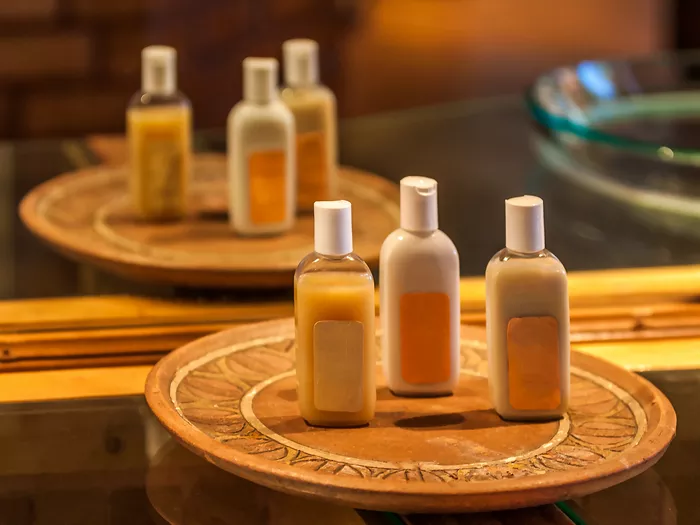Hair loss is a common concern, and people are often on the lookout for potential causes and solutions. One query that has emerged in recent times is whether caffeine shampoo, touted for its hair-strengthening benefits, could paradoxically contribute to hair loss. In this article, we will delve into the topic, examining the claims and science behind caffeine shampoo and whether it can truly cause hair loss.
Caffeine Shampoo: An Introduction
Caffeine shampoo has gained attention in the world of haircare due to its potential benefits for hair health. This specialized shampoo is infused with caffeine, a natural stimulant known for its ability to enhance blood circulation. When applied to the scalp, caffeine shampoo is believed to stimulate hair follicles, potentially promoting hair growth and strengthening hair strands. It’s become a popular choice for individuals seeking to address hair thinning and hair loss concerns. Caffeine shampoos often make claims of reducing hair loss and increasing hair density. To understand its effectiveness and potential impact on hair, it’s essential to delve into its mechanisms and claims.
Myths Between Caffeine Shampoos and Hair Loss
First and foremost, let’s debunk the myth surrounding caffeine shampoo and hair loss:
1. No Direct Link to Hair Loss:
Caffeine shampoos, when used as directed, do not cause hair loss. In fact, they are designed to promote hair health and potentially reduce hair loss by stimulating follicles.
2. Individual Reactions:
It’s crucial to note that individual reactions to any product can vary. Some people may experience adverse effects or allergies to certain ingredients, but this does not indicate a widespread issue with caffeine shampoos causing hair loss.
Understanding How Caffeine Shampoos Work
To appreciate the benefits of caffeine shampoos, it’s essential to understand their mechanism of action:
1. Stimulated Blood Flow:
Caffeine in these shampoos is thought to enhance blood circulation when massaged into the scalp. Improved circulation can nourish hair follicles, potentially leading to healthier hair.
2. DHT Blockage:
Some caffeine shampoos may contain compounds that inhibit dihydrotestosterone (DHT), a hormone associated with hair loss. Lower DHT levels can contribute to reduced hair shedding.
Potential Benefits of Caffeine Shampoos
While the primary focus is on whether caffeine shampoos cause hair loss, let’s also explore their potential benefits:
1. Hair Strengthening:
Caffeine shampoos can promote stronger hair strands by stimulating follicles and encouraging healthier growth.
2. Reduced Hair Shedding:
Some users report decreased hair shedding after using caffeine shampoos regularly, which can be a positive outcome for those concerned about hair loss.
Precautions and Individual Factors
When using caffeine shampoos, it’s essential to consider certain precautions and individual factors:
1. Allergic Reactions:
Some individuals may be sensitive to ingredients in caffeine shampoos. Always perform a patch test before using a new product and discontinue use if you experience adverse reactions.
2. Hair Type and Condition:
The effectiveness of caffeine shampoos can vary depending on your hair type and current hair condition. Consult with a dermatologist or hair specialist for personalized recommendations.
See Also: How Does Smoking Cause Hair Loss: A Comprehensive Guide
Caffeine Shampoo and Hair Loss – The Verdict
In conclusion, caffeine shampoos do not cause hair loss when used as intended. These products are formulated to stimulate hair follicles and promote hair health. While individual reactions may vary, the majority of users experience positive effects such as stronger and potentially reduced hair shedding.
If you are concerned about hair loss or have specific hair care needs, it’s advisable to seek guidance from a healthcare professional or a dermatologist. They can provide personalized recommendations and treatments tailored to your unique hair conditions and concerns. Caffeine shampoos, when used correctly, can be a valuable addition to your hair care routine, contributing to healthier, more resilient locks.


